For the past 37 years, the issue of Iran has been an unusually consistent one in the American policy debate. The more things change—within Iran and across the region—the more the overarching bilateral issues remain the same. And so it seems with the Iran nuclear deal, finalized a year ago after more than a dozen years of agonizing negotiations and crisis management. The Joint Comprehensive Plan of Action has fulfilled neither the worst fears of its detractors nor the most soaring ambitions of its proponents. All of the concerns that have shaped U.S. policy toward Tehran for more than a generation—terrorism, human rights abuses, weapons of mass destruction, regional destabilization—remain as relevant, and as alarming, as they have ever been. Notably, much the same is true on the Iranian side; the manifold grievances that Tehran has harbored toward Washington since the 1979 revolution continue to smolder.
The durability of the bilateral estrangement, and the perpetuation of mutual mistrust and antipathy, underscores one important truth about the JCPOA, which has been wielded by both its defenders and its detractors in varying contexts: the Iran nuclear deal was transactional, not transformational. As President Barack Obama repeatedly insisted, the accord addressed one specific problem, and in those narrow terms, it can be judged a relative success. The value of that relative success should not be underestimated; amidst the turbulence and tragedy that has beset the Middle East today, the absence of an agreement constraining Iran’s nuclear capabilities would magnify the risks in a terrible way.
[T]he Iran nuclear deal was transactional, not transformational.
But in the United States, in Iran, and across the Middle East, the agreement has always been viewed through a much broader lens—as a waystation toward Iranian-American rapprochement, as an instrument for addressing the vicious cycle of sectarian violence that threatens to consume the region, as a boost to the greater cause of moderation and democratization in Iran.
And so the failure of the deal to catalyze greater cooperation from Iran on a range of other priorities—Syria, Yemen, Iraq, to name a few—or to jumpstart improvements in Iran’s domestic dynamics cannot be disregarded simply because it was not its original intent. The “new normal” of regularized diplomatic contact between Washington and Tehran is a net positive, but it has not paid any obvious dividends yet. If it is to do so, the United States will need a serious strategy toward Tehran that transcends the JCPOA, building on the efficacy of the hard-won multilateral collaboration on the nuclear issue. The Obama administration invested considerable political capital in setting the deal in motion and implementing its terms; its successor will have to approach Iran in a more comprehensive fashion.
Iranians, too, must begin to pivot the focus of their efforts away from endless litigation of the nuclear deal and toward a more constructive approach to addressing the deep challenges facing their country today. The persistence of crisis has always provided a convenient rationalization for the Islamic Republic’s failures and inadequacies, but the urgency has now abated. In the wake of the nuclear deal, Iran’s leaders have continued to divert responsibility away from their own disastrous policies and back toward Washington, with some citing inadequate sanctions relief as an excuse for slow economic growth and the absence of political reforms or social liberalization. This is plainly spurious, as I explained in a recent blog post, and Iranians should channel their frustrations with the sluggish pace of their peace dividend into the kind of meaningful reforms that are long overdue.
My colleague Leon Wieseltier, who is an eloquent opponent of the deal, wrote a year ago that the deal would provide “relief from the crisis, but not a resolution of it.” For Wieseltier, the JCPOA’s failure to definitively and permanently prevent an Iranian nuclear capability meant that the accord “does not solve the problem that it was designed to solve.” Like most complex challenges, the problem of Iran has resisted quick fixes for nearly four decades, and American leadership in managing the multi-faceted threats posed by Tehran will remain essential. However, the JCPOA demonstrates that sustained collaboration among world powers can blunt Tehran’s most grievous policies and simultaneously provide Iran with a clear pathway for a more mutually beneficial engagement with the world.
The Brookings Institution is committed to quality, independence, and impact.
We are supported by a diverse array of funders. In line with our values and policies, each Brookings publication represents the sole views of its author(s).

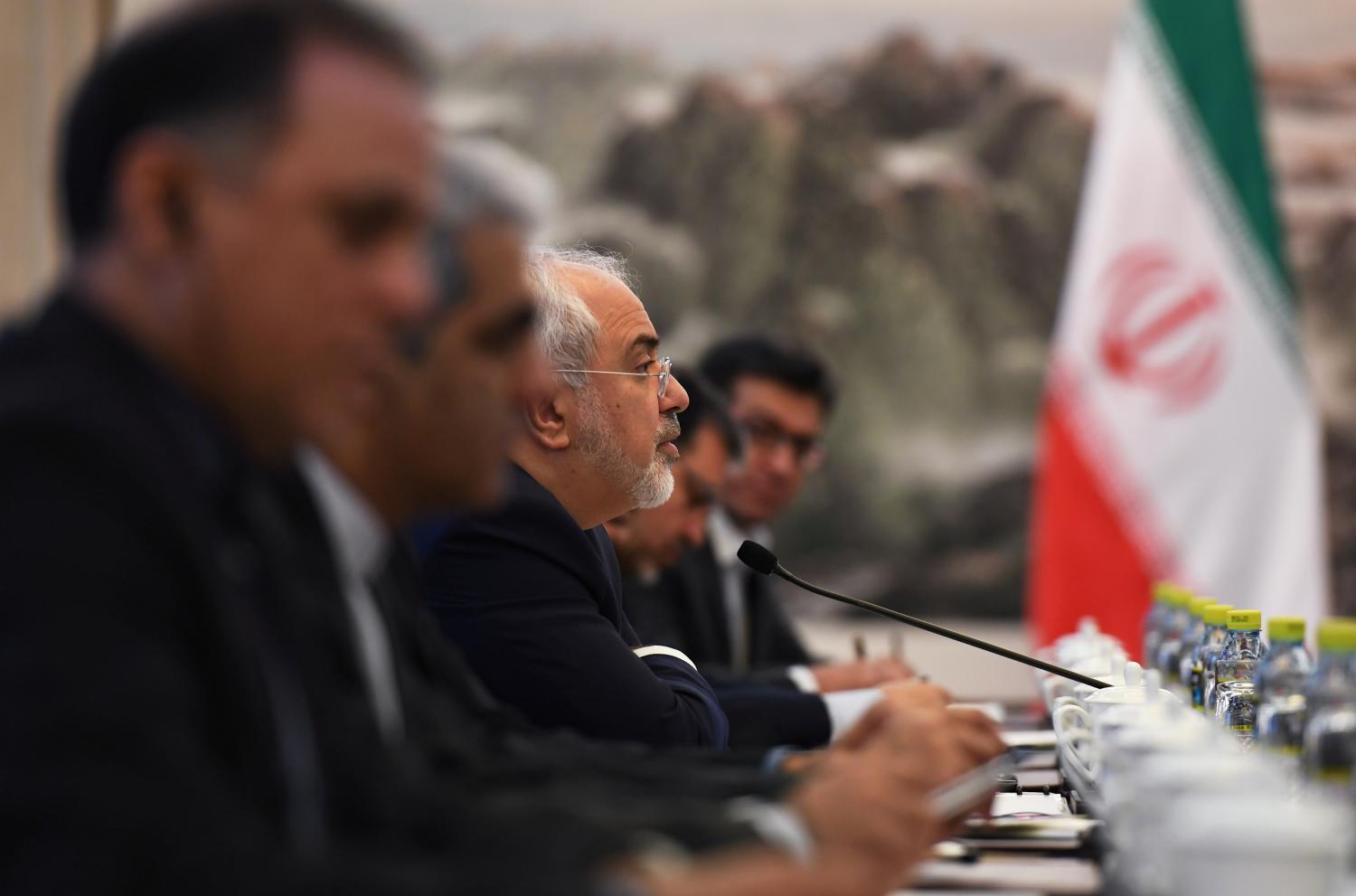
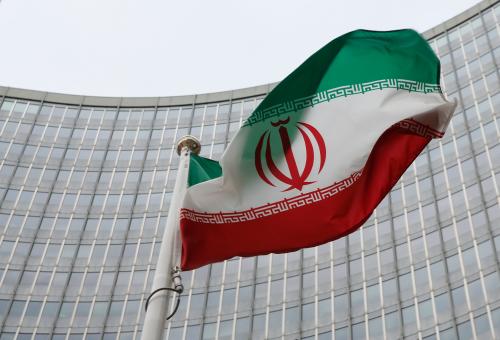
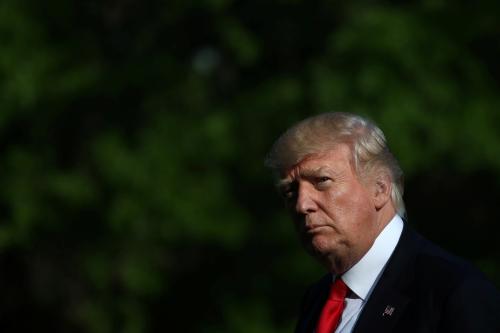
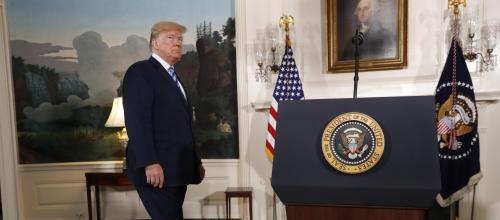
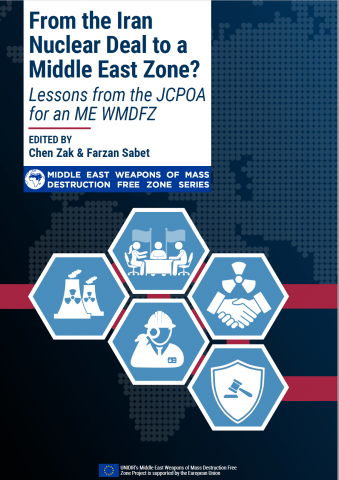
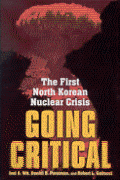
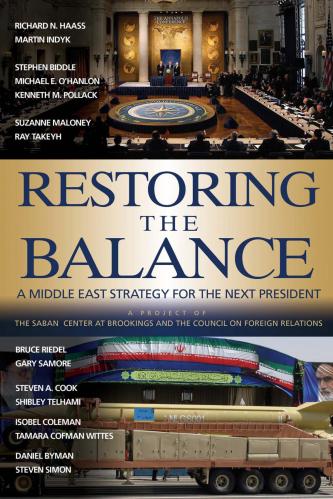




Commentary
To really capitalize on the Iran deal’s successes, Washington and Tehran need to move beyond it
July 14, 2016